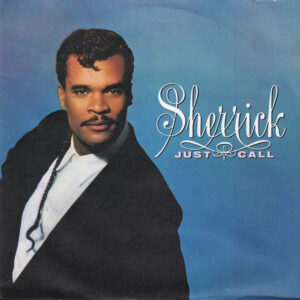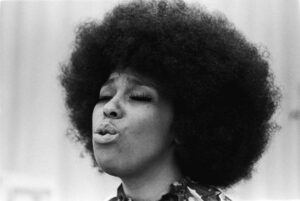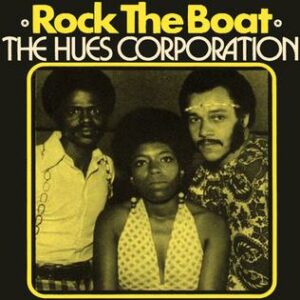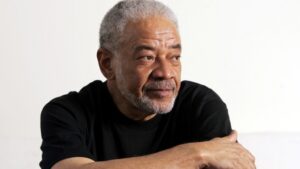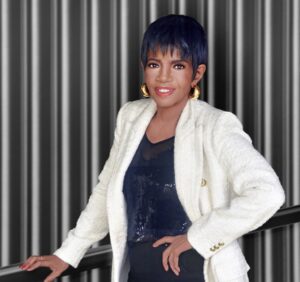While never reaching “supergroup” status in the public’s eyes, the Dramatics have been one of the most prolific, consistently entertaining groups of the last half century. Another of the great non-Motown Detroit groups formed in the late 60s, the Dramatics went through significant personnel changes over their early years as the group struggled to find a hit. They settled on the lineup of Ron Banks, Elbert Wilkins, William “Wee Gee” Howard, Willie Ford and Larry Demps, and signed on to Stax/Volt Records, landing a major hit with “Whatcha See Is Whatcha Get,” a latin-tinged cut lyrically based on a comic phrase popularized by Flip Wilson. It was a smash on both the pop and soul charts, and began a string of great cuts for the group penned by Tony Hester. The follow-ups “In The Rain” and “Toast to the Fool” were even better, and have remained in active play on many stations ever since.
The group lineup continued to change, but once L.J. Reynolds and Lenny Mays replaced Wilkins and Howard in 1973, the core of the group was set. With Reynolds’ gruff baritone and Ron Banks’ soaring falsetto, Willie Ford’s bass sound, the smooth Lenny Mayes and singer and group choreographer Larry Demps, a unique group harmony and stage show was created and that kept The Dramatics among the A-list of R&B acts for years to come.
Unfortunately, in the mid-seventies, songwriter Tony Hester’s substance addictions began to affect the incredible material that he had provided to the group, while around the same time Stax was failing as a label. With the group’s charttopping days in jeopardy, producer Don Davis helped them land a contract with ABC Records, and a second life as a recording act. Over the next several years, The Dramatics they released a number of successful albums and top 10 singles, though their coverage was, at that point, limited to the Soul radio. Hits like “Be My Girl,” “Shake It Well” and “Fell For You” (later remade by Snoop Doggy Dogg) carried the group into the early 80s, when their popularity began to wane. They split up in 1982 as Reynolds and Banks both embarked on solo careers (Reynolds achieving some limited success with the hit “Key to the World”), and Demps went back to school to become a teacher. But The Dramatics reunited in 1986 with Somewhere In Time and its great crossover hit, “One Love Ago.”
While other popular 70s groups had trouble sustaining recording careers, the Dramatics continued to cut a new LP every few years, right up through 2002’s Look Inside, a surprisingly strong record that received limited distribution in the U.S. They received national attention for their professionalism in 2001 when they performed a save for “Fly Jock” Tom Joyner, singing two sets during his show’s appearance in Detroit on less than 12 hours notice after a cancellation by DeBarge.
In 2003, the group, then consisting of Reynolds, Banks, Winzell Kelly, Willie Ford and Lenny Mayes, released Greatest Hits Live, a terrific peek at a 2001 Dramatics performance that showed the group still in fine form and a testament to the longevity of this great soul act. Sadly, group member Lenny Mayes died on November 7, 2004, after a long illness.
In 2006, local Detroit developer Herb Strather honored the Dramatics (along with Freda Payne, the Four Tops and others), with a street named after the group in one of the newest neighborhoods being built in the city.
The Dramatics were honored for their careers when they received the “Lifetime Achievement Award” at the 2008 SoulTracks Readers’ Choice Awards. All of the current members came to the awards as well as the mother of deceased member Lenny Mayes.
Sadly, more core members of the group died in the next decade, with Banks passing in 2010, Ford in 2019, and Kelly in 2024, and there were some legal wranglings over the group name. L. J. Reynolds leads the current version of the Dramatics, and they continue to sound great.
By Chris Rizik

